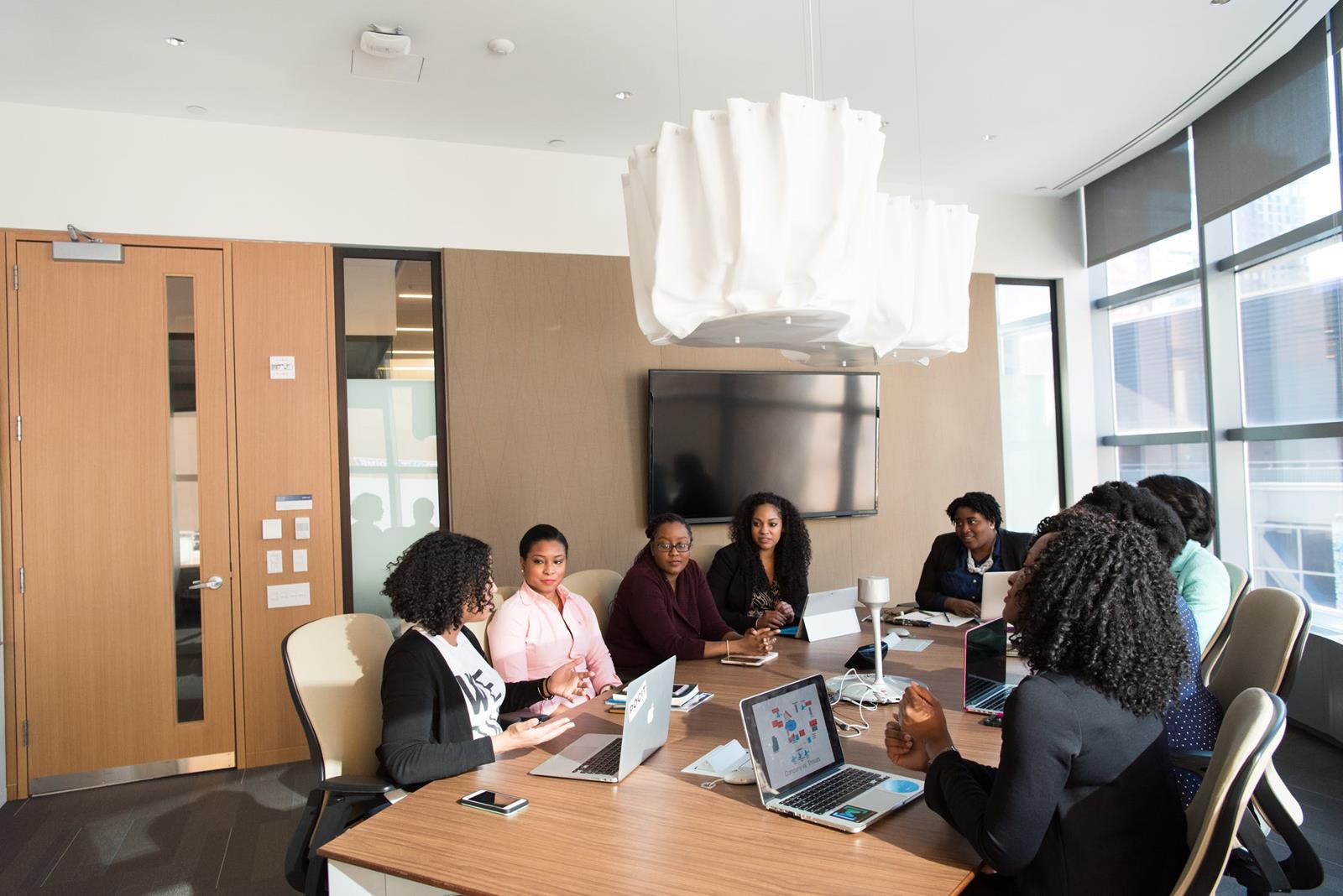Business travel or business tourism is a much smaller and targeted subset of usual tourism. During business tourism, people are still being paid and working, but are doing this away from home and from their usual workplace. Some popular conceptions of tourism include business travel, which covers most of the costs associated with travel to a new place; sightseeing as a part of business; or leisure tourism, which excludes business travel and includes travel related to other, non-business-related activities.
One of the main differences between business tourism and leisure tourism is the focus on leisure. Unlike tourism aimed at relaxation and visiting family and friends, business trips are much more involved. They usually last longer than holidays, and the focus tends to be on meeting people, exploring the location, meeting managers, speaking to suppliers and clients, etc. This can be very effective for companies that tend to focus on meeting people and seeing the world. Business tourism allows companies to have access to a bigger pool of potential customers and clients, because it allows them to meet them where they are. This may be in another country, another city, or in another industry.
Business trips are often also shorter than trips to other parts of the world and therefore less expensive. In some cases, business trips can be as short as two days. Some companies even have annual conferences that they can attend and then fly out all their executives to that conference instead of having them spend that time traveling to their next meeting. There are also many times when companies can cut their expenses by scheduling regular tourism activities around important business meetings of key clients.
Of course, businesses can benefit from business tourism options in other ways, too. Because most business travellers stay in hostels rather than hotels, they are better able to experience hostels in other countries, and therefore have the chance to see other cultures. They can also experience something a little bit more unusual, such as a business with a very specific culture and business model. Travel allows travellers to try new foods and different ways of doing things, and if travellers go to countries like Morocco or Thailand where traditional cultural activities are part of the package, they will be able to experience a whole different culture.
There are, of course, many benefits to going to a transitional economy, which is basically a different part of the world. The governments are often more stable, the infrastructure is usually better, and the local industries are more responsive to international trade rules. For business travellers, these are all advantages. For corporate travel managers, though, there are plenty of things to consider. Some of these are the higher costs, the potential for poor treatment, and even a shorter holiday than a standard business trip.
One thing business travellers should always look out for is the treatment they will receive when they arrive. When travelling to developing countries, it is often necessary to arrange your own accommodation, and this can impact on the way you think about business accommodation. Some hotels may be overbooked, others may not have the right amenities or services, and you might not feel comfortable in a small room. Fortunately, there are other options, and you should always check in with the hotel before you leave to find out what is available and how comfortable you will be.
Some hotel properties are, of course, completely unsuitable for business travellers, either because of the quality of the hotel (which can be difficult to assess without being there) or the types of business activities (which can also be hard to judge). A great deal of development has been done in both hotel properties and local industries over the last decade, and there are plenty of excellent business hotels and resorts around the world that offer top class accommodation and a range of other business amenities. If you are planning a business trip, though, it’s important to make sure that the location is appropriate. You don’t want to end up spending a lot of time in an underdeveloped part of a city, for example.
Of course, another major change in tourism has been the introduction of ‘transition economies’. These are countries within emerging market economies that offer a variety of opportunities to business travellers. A popular destination for business travel in transition economies is Zimbabwe. Zim and Uganda are other examples of successful transition economies. Many travellers who book rooms in business hotels in emerging and transition economies have found that they are better treated than guests in hotels that were based within their home country. There are many excellent business hotels and resorts across Africa and Asia, and you should always check out a list of hotels before you book anywhere.





